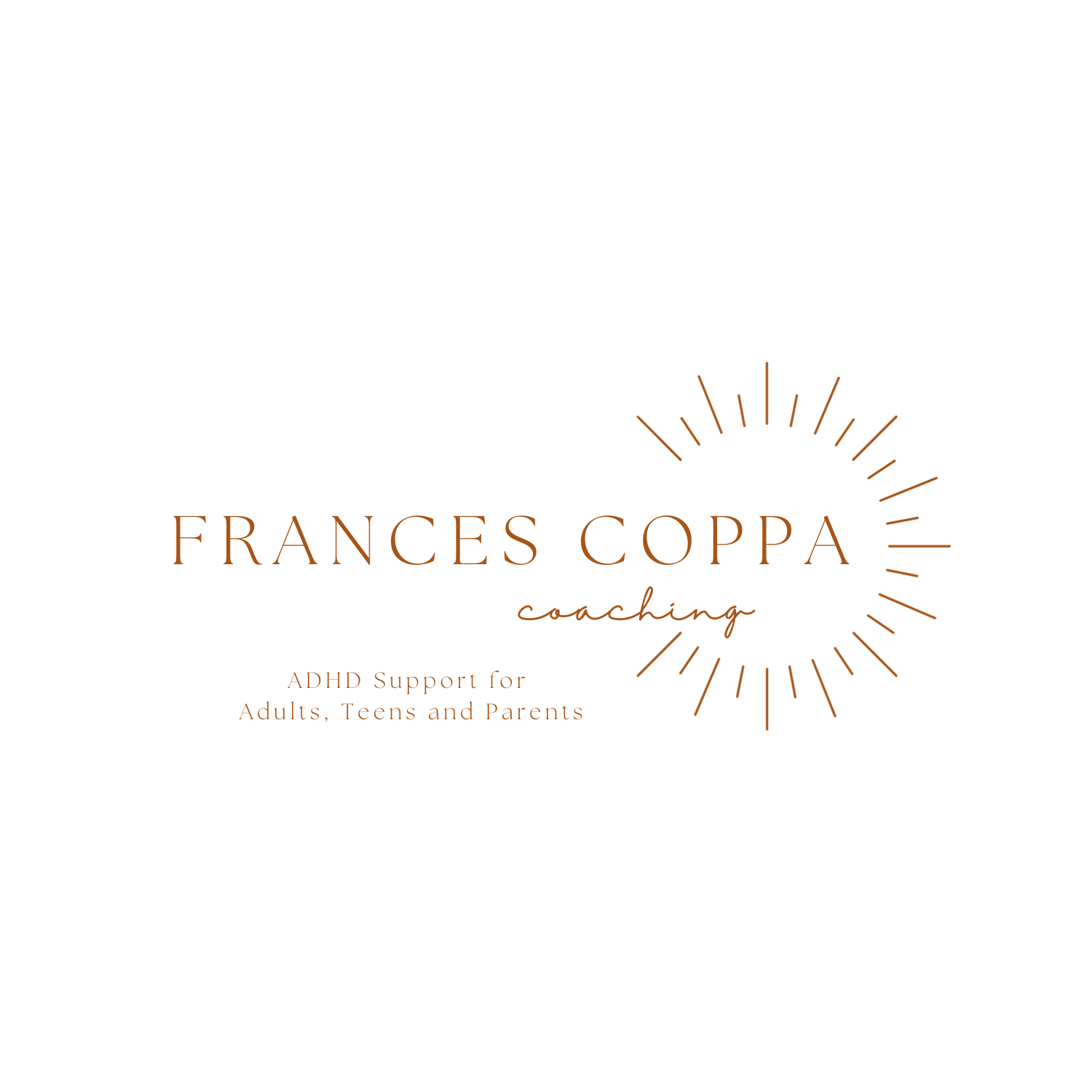Living with ADHD isn’t just about difficulty focusing—it’s a profound experience of emotional intensity that can feel like navigating a storm with no compass. For many neurodivergent individuals, ADHD overwhelm isn’t a choice, but a neurological reality that can trigger intense emotional shutdowns and overwhelming sensations, often described as an ADHD overwhelmed shutdown.
The Hidden Landscape of ADHD Shutdown
When we talk about being “ADHD overwhelmed,” we’re describing more than stress. It’s a complete neurological experience where emotions don’t just feel big—they feel massive, consuming, and sometimes paralyzing. Your brain becomes flooded, and suddenly, everything feels too much.
What ADHD Overwhelm Looks Like:
- Sudden emotional intensity that feels disproportionate to the situation
- Physical sensations of being “stuck” or unable to process
- Rapid shift from functioning to complete shutdown
- Heightened sensitivity to sensory and emotional stimuli
Why ADHD Brains Experience Overwhelming Emotions
Our neurodivergent brains process emotions differently. The same neural pathways that create our incredible creativity and passion also make emotional regulation more challenging. An ADHD overwhelmed shutdown is not a weakness—it’s a unique wiring that requires understanding and specialized strategies.
Triggers of ADHD Emotional Shutdown:
- Sensory overload
- Unexpected changes
- Complex social interactions
- Multiple competing demands
- Internal pressure and perfectionism
Breaking the Cycle: Practical Strategies for Emotional Regulation
1. Recognize the Shutdown Early
Learn to identify your personal warning signs. Do you feel a tightness in your chest? Does your breathing change? Recognizing these signals allows earlier intervention.
2. Create Emotional Safety Protocols
Develop a personal “emotional first aid kit” with specific, actionable steps:
- Noise-canceling headphones
- A designated calm space
- Grounding techniques
- Permission to step away and reset
3. Implement Micro-Breaks and Sensory Regulation
- Use short, intentional breaks to prevent emotional buildup
- Practice 4-7-8 breathing techniques
- Engage in quick physical movement
- Use weighted blankets or tactile tools for sensory regulation
The Power of Compassionate Self-Understanding
Your ADHD brain isn’t broken—it’s beautifully complex. Emotional overwhelm isn’t a personal failure; it’s a neurological experience that requires specialized navigation. Understanding ADHD overwhelmed shutdown experiences is part of this journey.
Reframing Emotional Intensity:
- View sensitivity as a strength, not a weakness
- Understand that shutdown is a protective mechanism triggered by ADHD overwhelm
- Develop self-compassion practices
- Celebrate your unique emotional depth
Professional Support: When to Seek Help
While self-strategies are powerful, professional support can be transformative. Consider:
- ADHD-specialized therapists who incorporate CBT, DBT or ACT. Learn more
- Medication management
- ADHD Coaching – Learn more about how I can support you
- Support groups for neurodivergent individuals
A Message of Hope and Empowerment
ADHD overwhelm doesn’t define you—it’s just one aspect of your rich, complex neurodivergent experience. With understanding, strategy, and compassion, you can develop tools to navigate emotional intensity and transform challenges into opportunities for growth.
Remember:
- You are not your overwhelm
- Your emotions are valid
- Your neurodivergent brain is incredible, even when it experiences an ADHD overwhelmed shutdown
- Healing and growth are ongoing journeys
Your ADHD brain isn’t a limitation—it’s a powerful, unique way of experiencing the world.


Leave a Reply